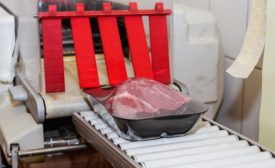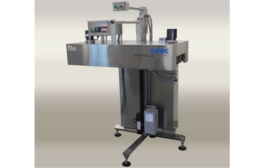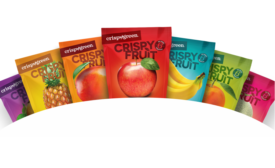Produce Packaging
Powering the Food Chain
The challenges of poor power quality in the food industry
October 10, 2018
Fibre Box Association Column
A Renewed Focus on Residential Recycling Programs
September 20, 2018
Keep the info flowing with our eNewsletters!
Get the latest industry updates tailored your way.
JOIN TODAY!Copyright ©2025. All Rights Reserved BNP Media.
Design, CMS, Hosting & Web Development :: ePublishing










